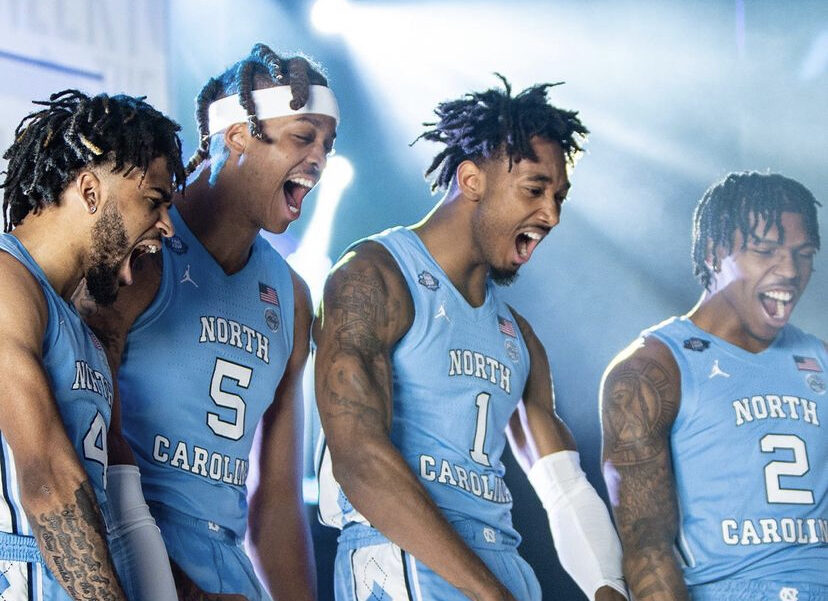Earlier this semester, my housemates and I drove up to D.C. to take a break from Chapel Hill. While there, we prioritized seeing the Laurie Anderson exhibit in the Hirshhorn Museum, the current home of a vast curation of her work and the largest ever in the U.S. My favorite piece was titled “A Story About A Story.”
It left me unsettled and reevaluating my own storytelling.
Anderson reflects on a story from her time as a child in the hospital. She uses this tale to reveal things about herself. In the same way, we all have to go-to stories to highlight our childhood or admirable qualities to strangers, employers, and friends.
However, all of these anecdotes are snippets, highly edited, racing to a point, neglecting aspects that leave us in an unflattering light. In Anderson’s case, the parts neglected are unintentional, too painful to remember and share so flippantly. I have inserted the final paragraph of her piece below.
“And so the thing about this story – was that actually, I’d only told the part about myself. And I’d forgotten the rest of it. I’d cleaned it up, just the way the nurses had. And that’s what I think is the creepiest thing about stories. You try to get to the point you’re making – usually about yourself or something you learned. And you get your story, and you hold on to it. And every time you tell it, you forget it more.” –Laurie Anderson
Sharing stories is a large part of my life, like my father I am filled with a tidbit relating to everything and often will tell it to anyone willing to listen. I stared at Anderson’s story on the wall, questioning everything about myself and my purposeful story editing. What aspects did I leave out? What was my intent?
Don’t we all do this? We all leave out parts we don’t like, whether intentional or not. We want to relate to others, formulate lessons from our life experiences, all to edit how we convey those experiences to ourselves and others.
I do admit to giving the sweet and quick version of many stories. However, what is most unsettling but inherently true is that as time moves on, the details slip past until our stories turn into a script, one we can almost tell verbatim. All of our memories inevitably become just stories, albeit some better than others. In the world of social media, one that conveys only a meticulous highlight reel of our lives, the stories we share are even more edited. Edited and intentional. An example of this is the scenic photos I took of national parks while driving cross country, saturating my friends’ feeds with scenic Utah, but I left out the exhaustion of driving for hours and living off of gas station trail mix.
So often, my friends and I say we should do things for the story, for how others will perceive us after the anecdotal tale we will tell. Not only are we editing in post but social media has curated a writers room, debating whether our own experiences get chosen. What will be the most interesting story is now taken into consideration.
So how does one escape the mentality of living for the story as that story will one day become a simple anecdotal script?




